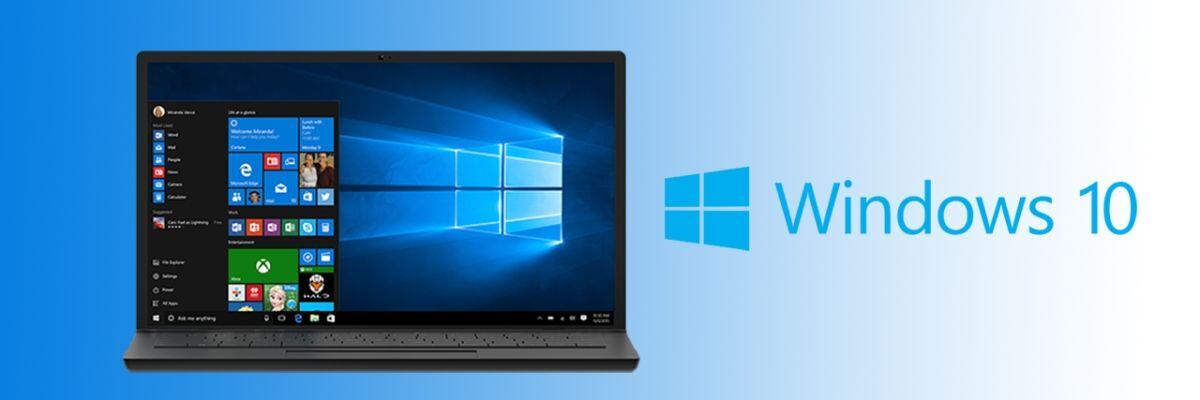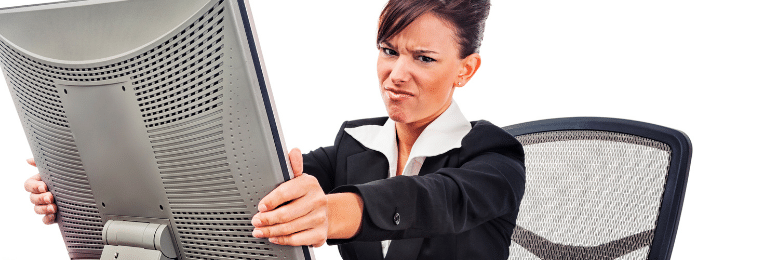In addition, the fact that Microsoft has ceased providing mainstream support for lower versions of Windows means you'll be spending extra just to keep the OS running properly. In fact, it could cost nearly double to fix a system if it's older than four years.
Fortunately, you can update to Windows 10 today, and it wouldn't cost you an arm, and a leg, provided your current tech isn't ancient. In addition, you have different versions of the OS to choose from: Home, Pro, and Enterprise.
Not sure which one would be best for your business?
We can help you with that. At ITS, we've helped hundreds of businesses ensure their devices are up-to-date and running optimally. In this article, we'll help you decide which Windows 10 version is right for you by discussing the following:
- Why is Windows 10 great for businesses?
- What are the differences between the Windows 10 versions?
- Which version of Windows 10 is best for my business?
Why is Windows 10 great for small businesses?
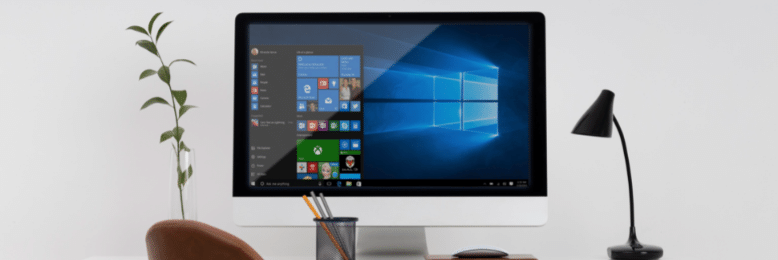
Older versions of Windows can't compete with the improvements offered by Windows 10.
That's because the latest version of the OS has not only successfully recreated the familiar Windows experience for users, it's also packed with new, intuitive features and improvements. Another plus is that if you're opting for the basic Windows 10 Home, the update is absolutely for users currently running an older Windows version.
Take a look at some of the main reasons you should consider updating to Windows 10:
Universality
If your business has already been running on Microsoft products, then the transition to Windows 10 will be seamless. It's also compatible with almost every software available, so you can run the systems you need to keep your business running.
In addition, the new OS offers a variety of versions and editions like Home, Pro, and Enterprise. These editions offer features tailored for different needs.
Enhanced Security
Windows 10 offers a wide variety of built-in security features to help protect your device and complement your antivirus software. These new features include Windows Hello, Windows Defender, Secure Boot, and Device Guard. Plus, even more, are available for Windows Pro and Enterprise.
Better Collaborative Capabilities
The shift to cloud-based applications means that Windows 10 offers vastly improved collaborative capabilities. Applications like Sharepoint and OneDrive are well integrated with the new OS and help enable businesses to share and access data safely, any time and anywhere.
Improved User-Friendly Interface
The addition of intuitive features like the integration of Cortana for an improved search experience and the Action Center, which organizes all notifications in one place, all make Windows 10 much easier to use for your business.
What are the differences between the Windows 10 versions?
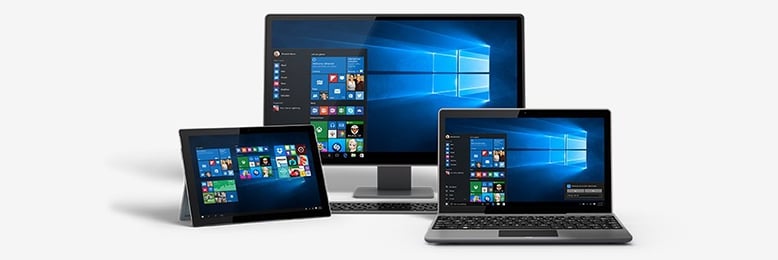
There are currently several different versions of Windows 10 available, which is great as it provides you with options. However, it can be a little challenging to determine which edition best fits your business needs. To help you make an informed decision, here's a quick rundown of some of the key differences between the versions.
Windows 10 Home
Home is the basic variant of Windows 10. While it is basic, it comes chock full of new features compared to earlier versions like the revamped Start Menu, which users sorely missed in Windows 8. Cortana, the digital voice assistant previously exclusive for Windows phones, has also been integrated into the new OS allowing for a better search experience.
In addition to those, the Home edition also features new security upgrades like Trusted Platform Module (TPM) support, a microchip that offers additional security functions; Microsoft Passport; and a new biometric login feature by Windows Hello.
The new OS also lets users take advantage of Virtual Desktops and the Snap Assist feature, allowing them to view four apps on the screen simultaneously.
Windows 10 Pro
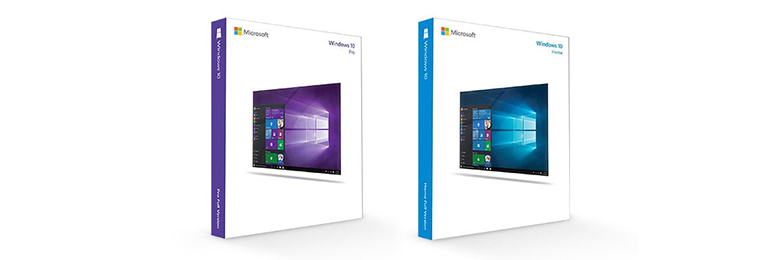
As you would expect, Windows 10 Pro has all the new features of the Home edition but is packed with some extras that are tailored for small businesses. These include major security features like Bitlocker and Assigned Access 8.1.
Bitlocker is a powerful disk encryption tool that lets users encrypt external flash drives. Assigned Access 8.1 allows users to lock user accounts and prevent access to specific apps.
Windows 10 Pro also has tools that facilitate seamless connectivity. It also offers Client Hyper-V which is a built-in virtualization solution.
Other features include Domain Join and Group Policy Management. Domain Join allows users to connect remotely and securely to their work domain. And Group Policy Management allows users to edit group policy settings.
Overall, these are massive upgrades that small businesses can take full advantage of.
Windows 10 Enterprise

The Enterprise edition is designed to meet the demands of medium to large organizations. This edition comes packed with even more sophisticated security features such as Device Guard to lock down devices, secure intranet connectivity, and domain-based credential protection.
Enterprise is perfect for companies looking for a more robust and secure OS that can complement their existing security systems.
Which version of Windows 10 is best for my business?
What it all boils down to is what you need from your new OS. Try to determine what features you actually need for your business.
While Home is a great OS for the average joe, Pro offers more advanced features and built-in security measures that meet the needs of small businesses. On the other hand, if you are looking for more robust security, then Enterprise might be the best choice for you.
Ready to update your devices?
ITS has helped hundreds of small to medium businesses upgrade their technology to leverage and maximize its capabilities.
So if you're still unsure which Windows 10 version will fit your business, fill out this form for a free tech consultation.
